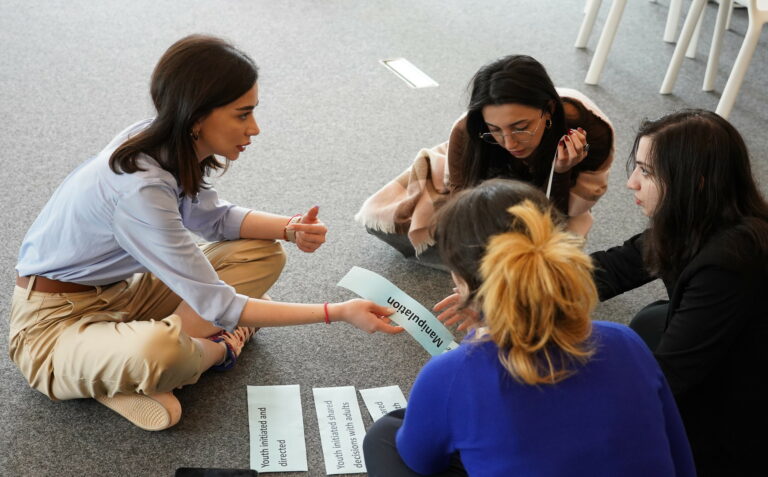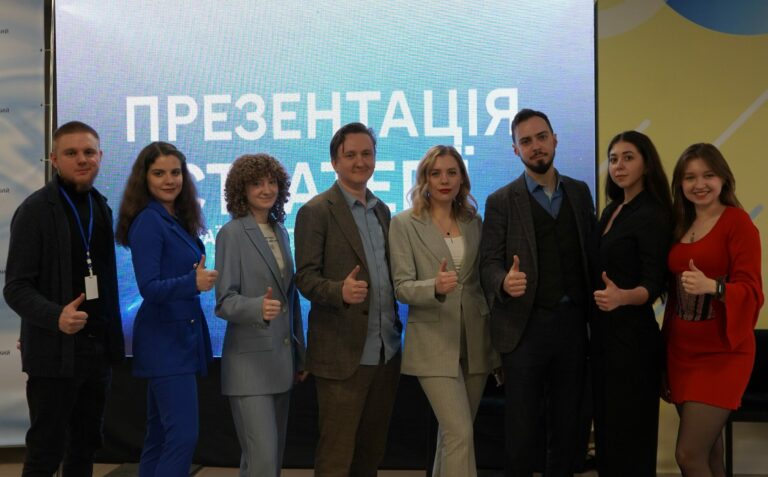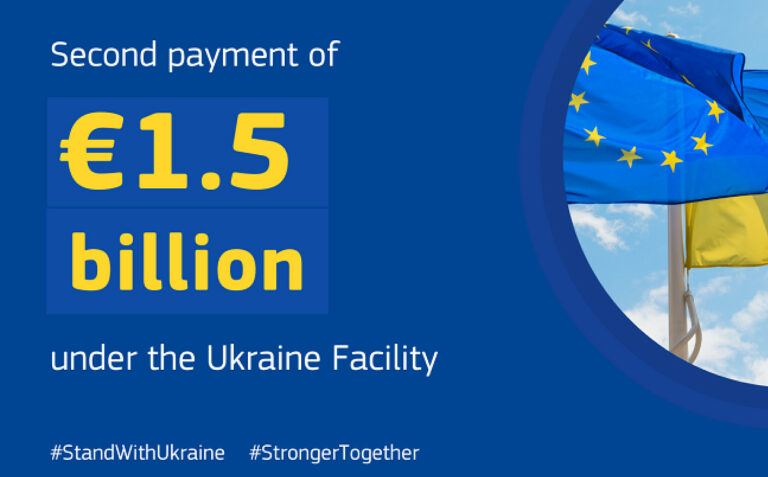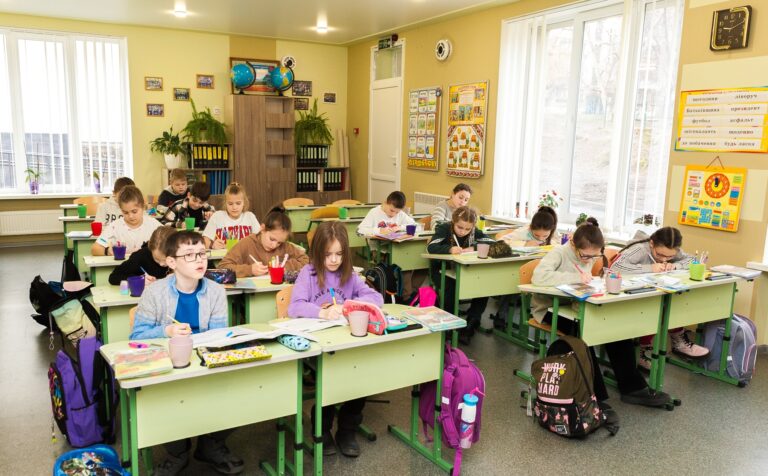
EU to reinforce mandate of Eurojust to collect and preserve evidence of Russian war crimes in Ukraine
The European Commission today proposed to amend the Eurojust Regulation to give the Agency the legal possibility to collect, preserve and share evidence on war crimes.
Due to the ongoing conflict, it is difficult to store and preserve evidence securely in Ukraine. To ensure accountability for the crimes committed in Ukraine, it is crucial to ensure safe storage of evidence outside Ukraine as well as to support the investigations and prosecutions by various European and international judicial authorities.
Since March, Eurojust has been supporting an EU joint investigation team looking into the possible war crimes committed in Ukraine. While Eurojust has practical experience on international crimes, the existing Regulation did not envisage a situation of this scale and crimes of this extent, requiring an update in Eurojust’s legal base.
Commissioner for Justice, Didier Reynders, said: “Since the start of the Russian invasion, the world has been witnessing the atrocities committed in Bucha, Kramatorsk and other Ukrainian cities. Those responsible for the war crimes in Ukraine must be held accountable. To this end, we must ensure that evidence is safely preserved, analysed and exchanged with national and international authorities, including the International Criminal Court. Today we propose to empower Eurojust to perform these tasks. Impunity will not be tolerated.”
National authorities are already collecting evidence of possible crimes being committed in Ukraine. Due to the ongoing hostilities, evidence cannot be preserved securely in Ukraine. Thus, it is necessary to set up a central back-up storage, where evidence collected by Union agencies and bodies as well as national and international authorities or third parties, such as civil society organisations, could be preserved. While the Eurojust Regulation provides that Eurojust supports Member States’ action in investigating and prosecuting serious crime, including core international crimes, it does not provide for Eurojust to preserve such evidence on a more permanent basis, or to analyse and exchange it when necessary, nor to directly cooperate with international judicial authorities, such as the International Criminal Court (ICC).
To allow Eurojust to properly perform its tasks in relation to such crimes, the Commission is proposing to amend the Eurojust Regulation. Once adopted by the co-legislators, the proposal will allow Eurojust to:
- collect, analyse and preserve evidence in relation to core international crimes;
- process data, such as videos, audio recordings and satellite images, and share such evidence with the relevant national and international authorities, including the International Criminal Court. Sharing of such evidence would only take place when appropriate and in full respect of EU data protection rules.
Eurojust will also coordinate and cooperate with Europol in accordance with their respective mandates.
The EU is also supporting these efforts financially, be it through funding for equipment, experts or the work of the genocide network which has started to train judicial authorities for building cases on war crimes. The EU is also launching a dedicated €7.5 million project to support the investigations with ensuring large data collection on missing and disappeared persons.
Find out more
MOST READ
SEE ALSO

EU4Youth Alumni Network hosts IdeaLab in Tbilisi

EU4Youth IV: Strategy of the All-Ukrainian Youth Center presented in Kyiv

European Commission disburses additional €1.5 billion in bridge financing to Ukraine

EU4DigitalUA: EU presents results of project supporting Ukraine’s digital transformation

Kamianske school in Ukraine reopens after EIB-supported reconstruction
More campaign pages:
Interested in the latest news and opportunities?
This website is managed by the EU-funded Regional Communication Programme for the Eastern Neighbourhood ('EU NEIGHBOURS east’), which complements and supports the communication of the Delegations of the European Union in the Eastern partner countries, and works under the guidance of the European Commission’s Directorate-General for Neighbourhood Policy and Enlargement Negotiations, and the European External Action Service. EU NEIGHBOURS east is implemented by a GOPA PACE-led consortium. It is part of the larger Neighbourhood Communication Programme (2020-2024) for the EU's Eastern and Southern Neighbourhood, which also includes 'EU NEIGHBOURS south’ project that runs the EU Neighbours portal.

The information on this site is subject to a Disclaimer and Protection of personal data. © European Union,







